
Supply chain problems? This phrase is likely to remind many people of the coronavirus pandemic. Back then, it was primarily disrupted transport routes and production losses in the Far East that caused problems for German car manufacturers in particular. This time, it is the volatile situation in the supply industry. enomyc author Wolfram W. Hackbarth explains why their sandwich position is so dangerous for large suppliers and how manufacturers and large suppliers can take advantage of the wave of consolidation.
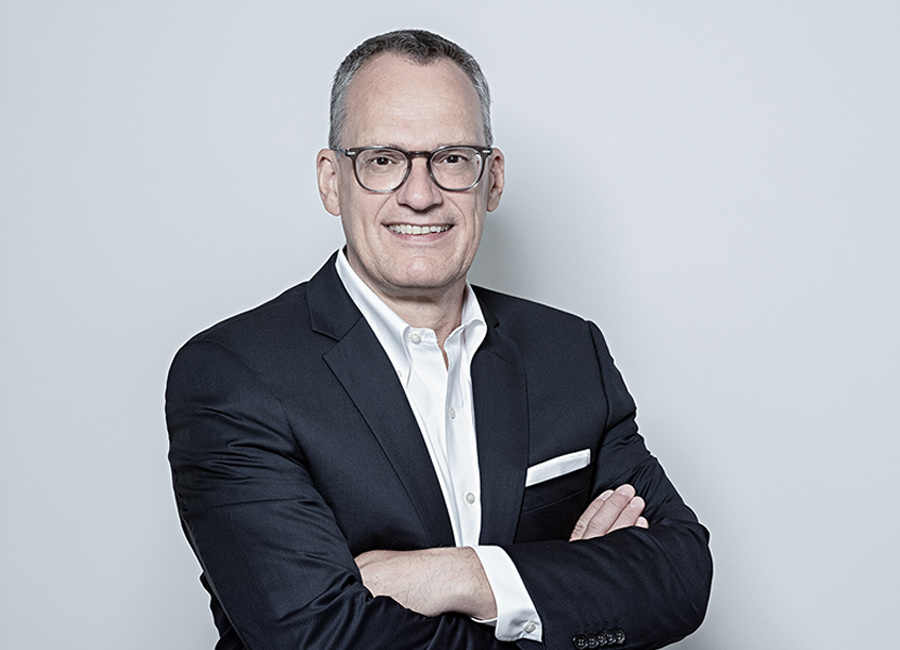
“I have never seen an OTC company in crisis that lacked pharmaceutical or product expertise,” says marketing and sales expert Peter Klein. “Most lack digital know-how and digital marketing expertise.” But what makes OTC products relevant? Why should pharmaceutical manufacturers see themselves as customer-centric companies? Insights and recommendations for action – now in an interview.

Automotive manufacturers and suppliers are facing the challenge of strategically realigning their production or engineering sites. High costs, increasing competitive pressure, and complex risks such as quality defects, production delays, or the loss of valuable knowledge make relocation a real test. With our expertise, we support you in identifying these challenges early on, minimizing costs, and ensuring smooth implementation. This allows you to not only secure production quality, but also your long-term competitiveness.
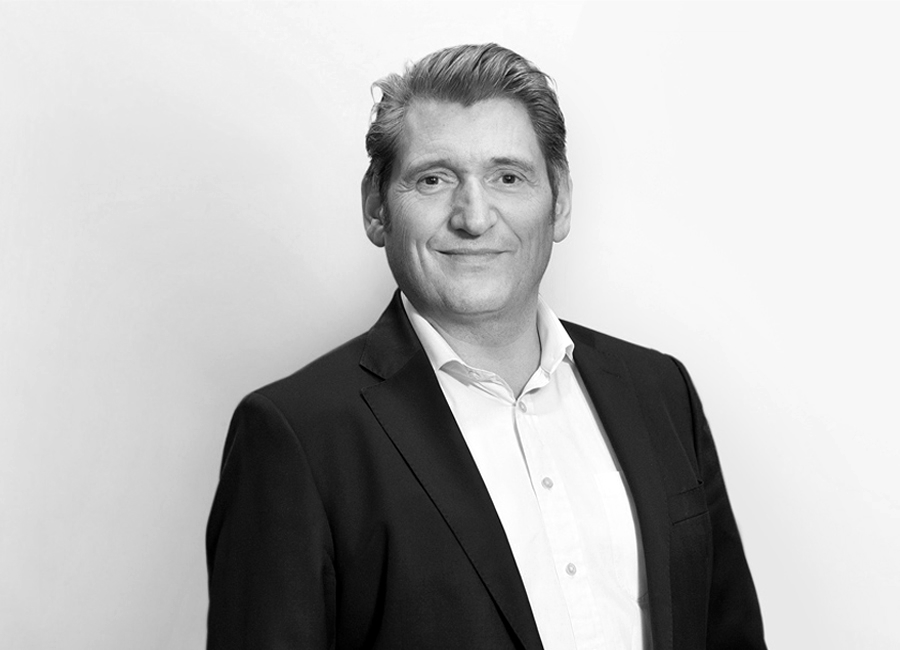
The decision is final: as of late October, the EU has imposed tariffs on Chinese electric vehicles. The reasoning? Excessive subsidies and unfair competition from China. Brussels has taken decisive action, despite strong warnings from the German automotive industry.Will the sector now face significant price increases and potential retaliatory measures from China? Could the demand for EVs be further suppressed due to these tariffs? And what impact might these measures have on Germany’s capacity for innovation? In this expert interview, we explore the scenarios currently under discussion in the German automotive and supplier industries.

For business owners to deem the sale of their company a success, a series of critical conditions must often be met: ensuring the company’s long-term continuity, preserving key locations, and safeguarding jobs as comprehensively as possible. However, in nearly all cases, achieving the highest possible price remains of paramount importance. M&A experts Dr. Tim Bauer and Henryk Ciesielski outline the strategic levers business owners can utilize to assess and optimize their company’s value, and explain how to maximize the transaction proceeds effectively.
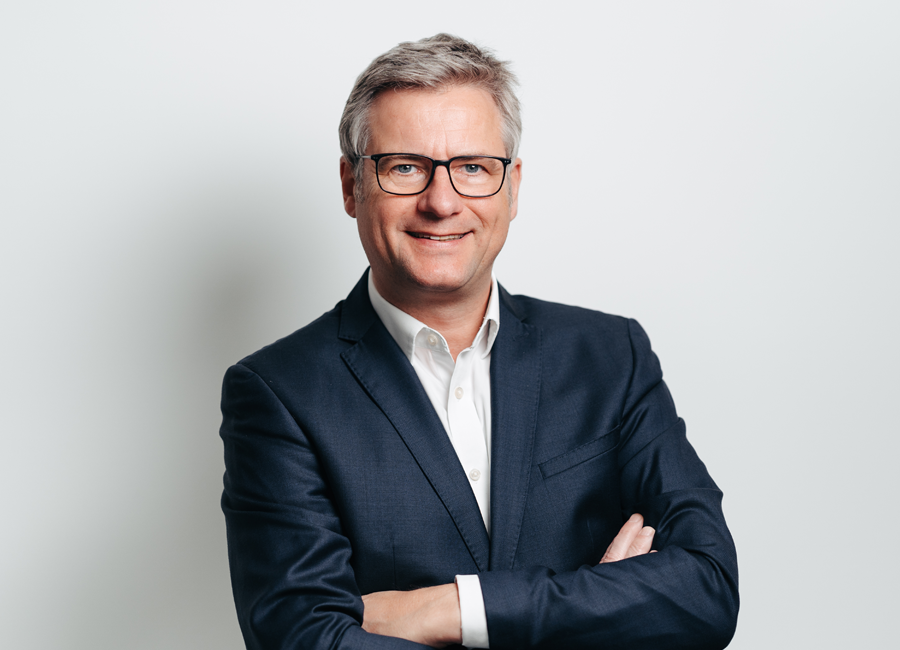
In the first part of his guide to crisis prevention, enomyc author Jan-Ulrik Holsten explained the common patterns of corporate crises and the hurdles that must be overcome to prevent them successfully. One key challenge is transforming data into meaningful insights. In the second installment, he illustrates this process using the example of early risk detection systems, which play a crucial role in overcoming this obstacle.

Hydrogen is considered one of the key energy carriers in the effort to transform industry and transportation sectors to be climate-neutral. According to the German government's National Hydrogen Strategy, ten gigawatts of electrolysis capacity are expected to be built in Germany alone by 2030. This would meet one-third to one-half of the domestic demand and require an almost unprecedented scaling of current capacities. While many view this plan as completely unrealistic, enomyc author Wolfram Hackbarth sees opportunities.

The much-anticipated economic upturn, recently forecasted by some economists, seems to be on hold for now. The rising number of bankruptcies also does not suggest a trend reversal anytime soon. Estimates predict at least 20 percent more business insolvencies this year. From over 1,400 projects, we know that corporate crises don't happen overnight. They usually follow a predictable pattern, and many could be entirely avoided if management adhered to a few key principles and activated the right levers at the right time. enomyc author Jan Ulrik Holsten explains what is essential in this process.
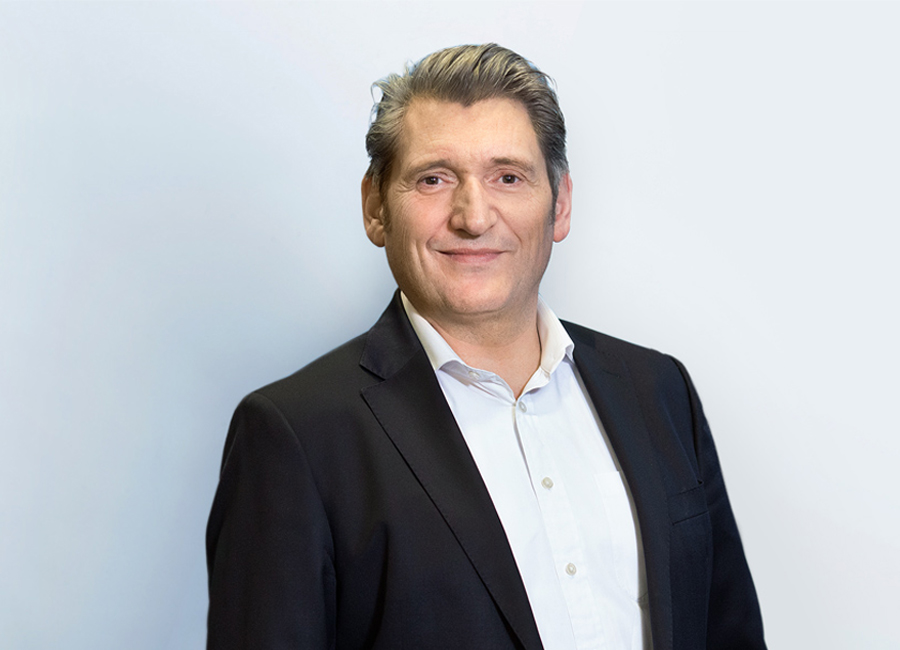
At first glance, the German MedTech industry seems to be doing well. It appears crisis-resilient, innovative, strong in exports, and optimistic. However, on a global scale, its business development seems to be slowing down. What is troubling the MedTech industry? How is its innovative strength? What about its future? enomyc, in collaboration with the German industry association SPECTARIS, the trade association for optics, photonics, analysis, and medical technology, surveyed over 40 companies in the industry. On the mood, strengths, and key levers of the German MedTech industry: an expert interview with Christian Zeller.

Many companies have faced an existential crisis in recent months due to challenging economic conditions, Germany's unique structural situation, and the lingering effects of the COVID-19 pandemic. The situation has been further aggravated by sharply rising capital costs, heightened risk aversion among financiers, and debt obligations from the pandemic period. According to enomyc author Dr. Stefan Frings, multiple crises present the perfect opportunity for decisive action.

Many companies have faced an existential crisis in recent months due to challenging economic conditions, Germany's unique structural situation, and the lingering effects of the COVID-19 pandemic. The situation has been further aggravated by sharply rising capital costs, heightened risk aversion among financiers, and debt obligations from the pandemic period. According to enomyc author Dr. Stefan Frings, multiple crises present the perfect opportunity for decisive action.
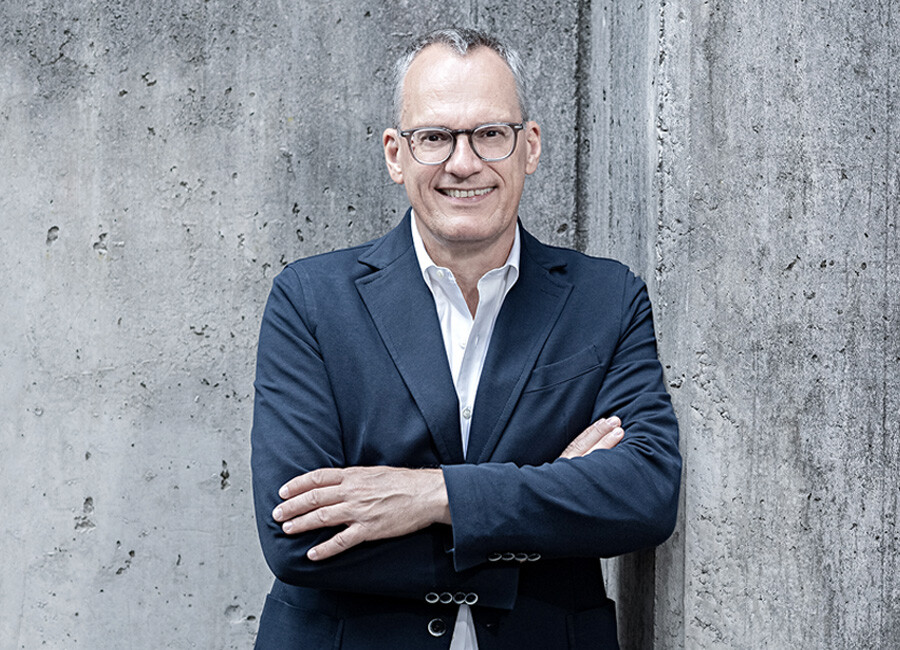
"I have never seen an OTC company in crisis that lacked pharmaceutical or product expertise," says marketing and sales expert Peter Klein. "Most of them lack digital know-how and digital marketing expertise." So what makes OTC products relevant? Why should pharmaceutical manufacturers see themselves as customer-centric companies? Insights and recommendations for action - now in an interview.

The real estate sector is currently facing one of the most severe crises in its history. In the short term, few expect a genuine recovery. What can companies do now to escape the industry's downward spiral? Christian Kuhs, founder and Business Development at Nordantech, discussed this with enomyc founder and Managing Partner Uwe Köstens and enomyc partner and real estate expert Matias Otto on the #SHIFTHAPPENS Podcast by Nordantech.












